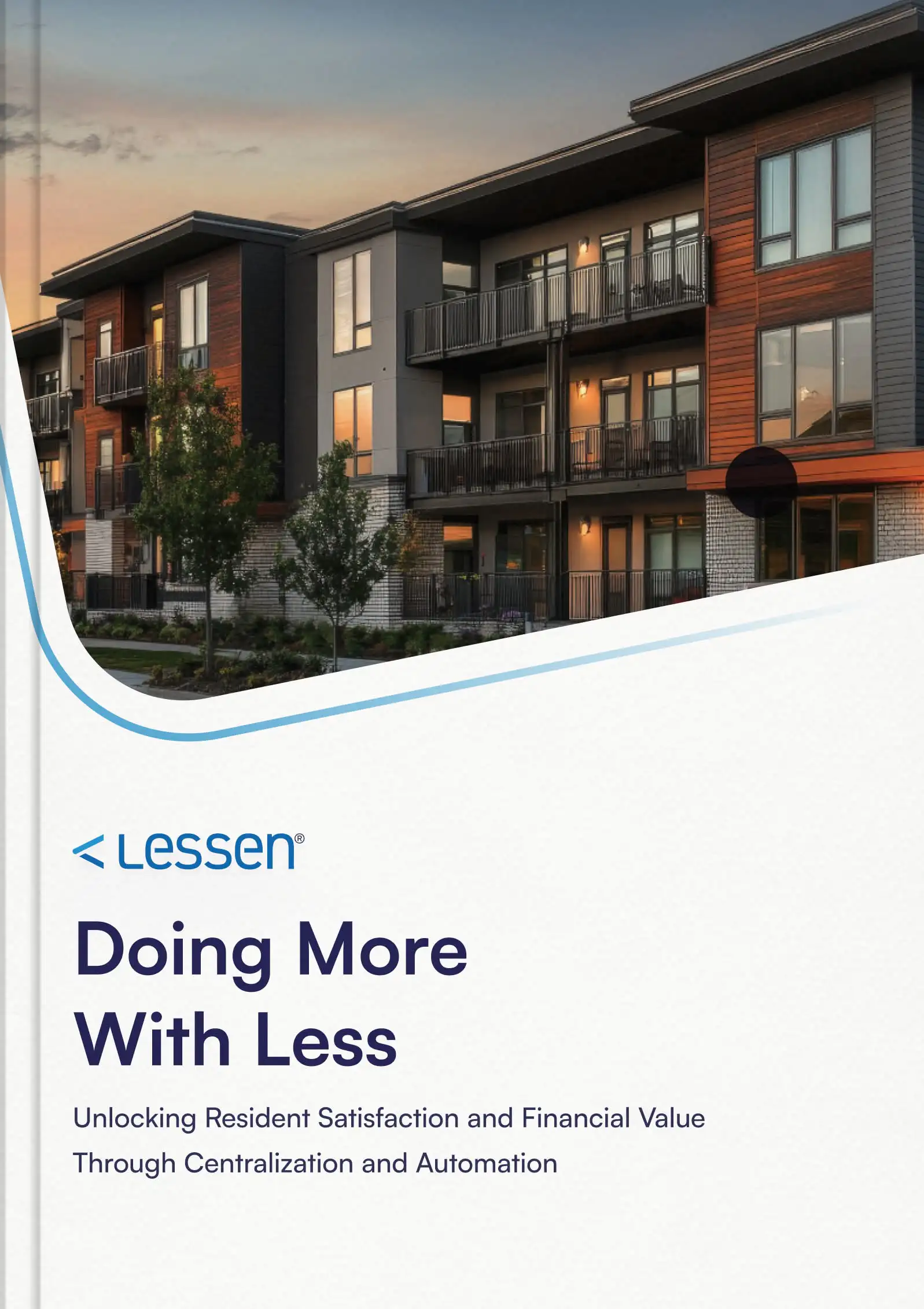Redefining maintenance responsibilities


A set of operational guidelines offered this residential customer more control over its maintenance strategy—and ultimately decreased spend by 31 percent YoY.
The challenge
Following a successful national rollout with this single-family residential customer, SMS Assist’s Business Analytics team started to gain a deeper understanding of the customer’s maintenance operations and spend. It was during our first quarterly business review (QBR) with the customer that we presented initial insights and trends. We found that this customer’s work order frequency—and in turn its maintenance spend— was significantly higher than what we were seeing in the industry.
The solution
We analyzed the customer’s work order history and identified seven categories—like landscaping, HVAC, roofing, and more—with significantly higher work order frequency. In landscaping and irrigation alone, the repairs and maintenance work order frequency was 129 percent more than our other residential customers. But why?
There’s a movement in the industry to shift certain maintenance responsibilities to the resident from the landlord. By creating resident responsibility guidelines, we could bring the customer in line with—if not push them ahead of—the industry.
Mark Papadopoulos
SMS Assist Director of Residential Operations
This customer was responsible for various services that the industry had begun shifting to the resident. In landscaping, for example, industry standards showed that regular maintenance (e.g., mowing, weeding, and fertilizing) should fall to the resident, yet, in this case, the responsibility was falling to the customer. To combat this, we offered recommendations and collaborated with the customer on which services its residents could be responsible for. This culminated in a new set of operational guidelines that detailed maintenance responsibilities across individual service categories.
These guidelines were built into One by SMS Assist™ to enable an efficient work order qualification process. Now, when a work order is created, our platform can identify the responsible party based on the service category. If it finds an unqualified work order (e.g., a work order that is the resident’s responsibility), the platform will close out the ticket, prompting our team to communicate this with the resident. And because not every work order is black and white, the customer elected to have certain service categories set to be reviewed on a case-by-case basis.
These new guidelines act as an operational playbook for how SMS Assist qualifies incoming work orders. But we understand that, if handled poorly, addressing resident responsibilities could negatively affect the resident experience. To alleviate this, we created a landing page within the resident portal that clearly breaks down resident responsibilities. By showing this page before the resident creates a work order, we have been able to reduce the number of unqualified work orders.
The result
31% savings in spend per home from fiscal year 2016 to 2017
$5 million to $6 million savings in 2017
With the help of SMS Assist—specifically the savings we provided, our technology, and our people—the customer was able to radically grow its business between 2017 and 2018, increasing its home count by 57 percent. Using the average savings per home, this brings the savings in 2018 to $8 million–$9 million.

- This is my list